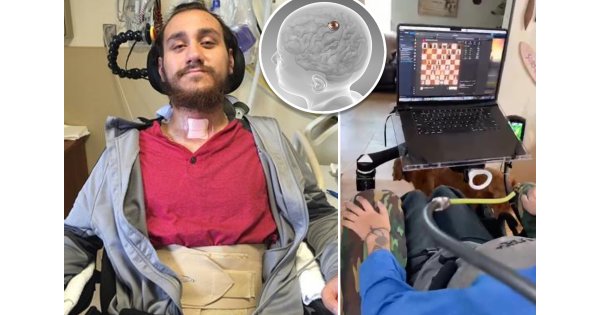The brutal killing of Laken Hope Riley, a former student at the University of Georgia (UGA), has left many students grieving and feeling a sense of insecurity on campus. Riley, a nursing student at Augusta University, was found dead after being attacked while jogging near a lake at UGA. The suspect, Jose Antonio Ibarra, was arrested and charged with felony murder, false imprisonment, kidnapping, and concealing a death. There is no evidence to suggest that Ibarra knew Riley [[1]].
The tragic incident has raised safety concerns among students at UGA, particularly regarding the popular trails where Riley was attacked. Many students are now wary of using those trails alone and have started buddying up for walks due to increased fear [[1]].
The case has also attracted political attention, with some Republican leaders, including former President Donald Trump, highlighting Ibarra's status as an undocumented Venezuelan migrant to support calls for stricter border security. However, there is little evidence to suggest a connection between immigration and crime [[1]].
Athens-Clarke County District Attorney Deborah Gonzalez has emphasized that politics will not influence how her office handles the murder case. The priority is ensuring justice for the loss of every life and the safety of all citizens [[1]].
A vigil was held at UGA to mourn the lives of both students who died on campus, with attendees wearing green and red ribbons in their honor. Riley, despite transferring to Augusta University, remained active in her Alpha Chi Omega sorority at UGA. Friends and sorority members described her as a devoted friend and an exceptional individual [[1]].
The suspect's immigration status has reignited the border policy debate, with Georgia Governor Brian Kemp demanding information related to Ibarra's immigration status and criticizing President Joe Biden's immigration policies. However, research has shown no significant connection between immigration and crime rates, and some studies indicate that immigrants are less likely to commit crimes than native-born individuals [[1]].
In the wake of Ibarra's arrest, UGA's Latino student organizations have received hate comments and condemned such speech. They emphasize that grief should not be used as a platform for racism, hatred, or xenophobia [[1]].
It is important to note that the information provided is based on search results and news articles and should be verified for accuracy and updates.
UGA students describe anguish and anxiety over safety concerns after the grisly killing of a sorority member on campus
The brutal killing of a beloved former student on the University of Georgia campus has enveloped many students with grief and a shattered sense of security – all while the suspect’s immigration status has reignited border policy debates.

Related Posts

Ebon Moss-Bachrach describes the set of 'The Bear' as very loving, contrasting the show's chaotic kitchen environment with a calm and well-run atmosphere

Exclusive | Trump says two words describe Kamala Harris — and they’re ‘a bad combination’


